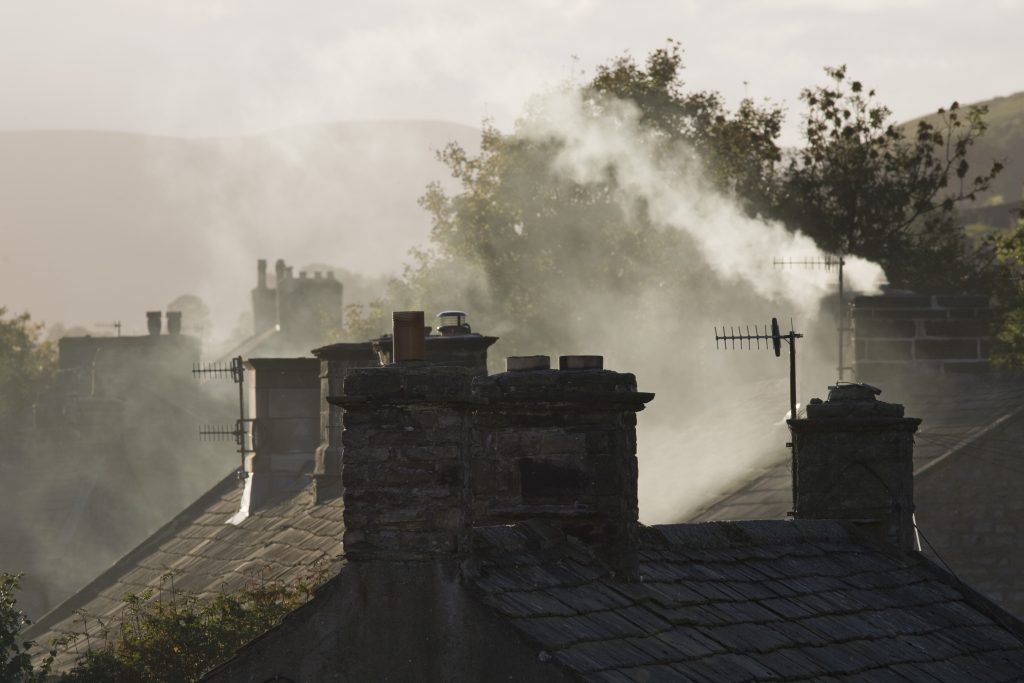Carbon tax should hit €35 per tonne in next Budget

June 18th, 2019
The carbon tax should be raised to €35 per tonne emitted in the next Budget, the chair of the State’s climate advisory body told the Budgetary Oversight Committee today.
Professor John Fitzgerald of the Climate Change Advisory Council (CCAC) put forward the suggestion as the Committee met to discuss the budgetary and fiscal implications of climate change.
The carbon tax, introduced in 2010, applies to kerosene, marked gas oil, liquid petroleum gas, fuel oil, natural gas and solid fuels.
The current carbon tax of €20 per tonne is “too low to drive real change” Prof Fitzgerald said, instead suggesting that it goes up to €35 in the next Budget with “a commitment to raise it to at least €80 per tonne by 2030”.
The recommendation comes on the heels of yesterday’s launch of the all of Government Climate Action Plan to Tackle Climate Breakdown that calls for a carbon tax of €80 per tonne by 2030 accompanied by a trajectory of increases over successive annual budgets.
Prof Fitzgerald stressed that a “massive amount” of evidence existed that carbon taxes are essential in reducing emissions and that there are “very few carbon tax deniers in the economics community”.

The CCAC, he continued, encourages the use of carbon tax revenue to compensate low-income families, a position shared by the Economic and Social Research Institute (ESRI).
A study published this month from the research institute estimates that if the tax was raised to €30 per tonne, national carbon emissions would fall by 3.9 per cent.
However, the ESRI report also found that carbon taxation is regressive unless protections are put in place for lower-income households as they spend a greater proportion of their income on the likes of fossil fuel heating than more well-off earners.
Prof John Fitzgerald said that the carbon tax is essential for change and is not regressive if implemented fairly by the current Government.
He cited new research saying that if even half of the revenue generated from the tax was to go towards low-income households, such households would in fact be in a better position.
People Before Profit TD Richard Boyd-Barrett referred to the carbon tax as an “obsession” of the current Government, reiterating his party’s opposition to its implementation.
Mr Boyd-Barrett stressed that low-income households spend more on energy and transport and that the “regressive” tax will hit the poorest the hardest.
He also cited a recent environmental NGO study of the carbon tax in British Columbia – the first North American state to bring in such a tax in the late 2000s – where he said the taxed emissions actually increased in consumption while the untaxed emissions decreased.
Research by the University of British Columbia in 2016 found that per capita gasoline demand decreased by almost 15 per cent between 2007 and 2014.
In addition, a joint Duke University and University of Ottawa study also found a drop in emissions of between five and 15 per cent since the tax was implemented in 2008 up to 2015.
By Kayle Crosson and Marianne Foody







